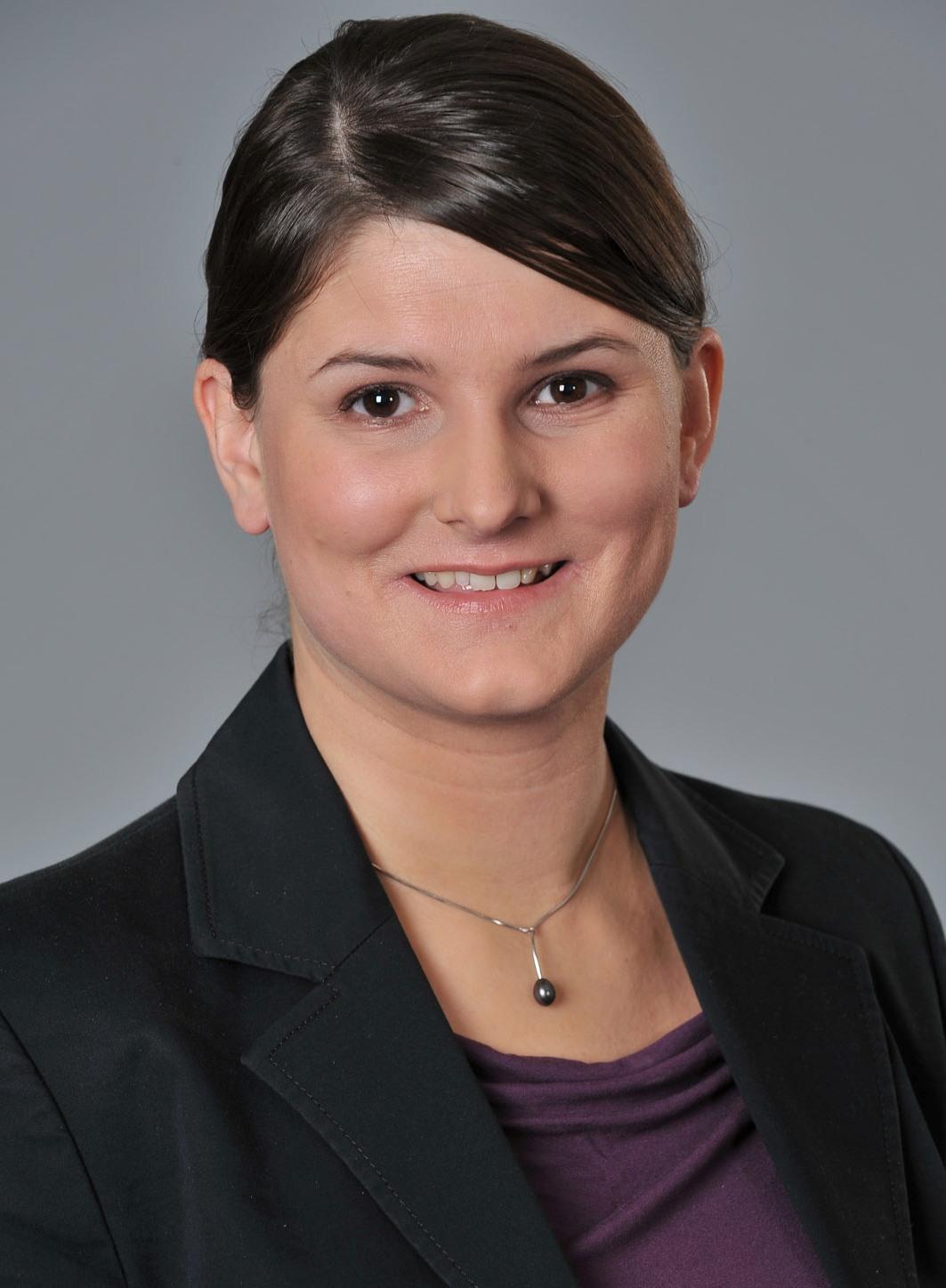Human Rights in the Menstrual Movement: Reductionism and Renewed Potential from Below
Dr Inga Winkler, Associate Professor in International Human Rights Law at the Central European University
Notes & Changes
This is a hybrid event. To attend online, register here. For those interested in attending in person, the discussion will take place at the Bonavero Institute of Human Rights.
Please note that this event may be recorded.
Menstruation matters, and it matters for the realization of human rights. Menstrual stigma has profound effects on the rights to health, education, work, and participation in public life, among others. As menstruation is gaining increasing attention, many organizations have adopted the framing of human rights, which holds the promise of addressing menstrual stigma. Dr Winkler's presentation critically assesses the menstrual movement and its employment of human rights, examining the promises, pitfalls, and renewed potential of human rights.
Many current efforts at the global level are at risk of instrumentalization, tokenism, and reductionism. However, the menstrual movement is not monolithic, and many grassroots initiatives employ a broader and more nuanced understanding of human rights. Combined with normative arguments, this allows re-envisioning human rights in the menstrual movement (from below) to address gender injustices. At a conceptual level, Dr Winkler's work is embedded in critiques of the human rights ‘enterprise’ as risking to lose legitimacy and seeks to contribute to the emergence of a stronger human rights movement that bridges the local and the global.
SPEAKER: INGA WINKLER

Dr Inga Winkler is an Associate Professor in International Human Rights Law at the Central European University in Vienna, Austria. She takes a socio-legal approach to her research bridging institutional protection and socio-cultural dimensions of human rights, global policy and grassroots movements, and critical reflection and practical application. Issues that are considered taboo, such as menstruation, have piqued her interest.
Her books include the first comprehensive monograph on the human right to water, the field-defining Palgrave Handbook on Critical Menstruation Studies, and an edited volume on the Sustainable Development Goals. She is the founder and director of the Working Group on Menstrual Health & Gender Justice, and co-chair of a standing Seminar on Menstruation and Society at Columbia University.
CHAIR: SHREYA ATREY

Shreya Atrey is an Associate Professor in International Human Rights Law based at the Bonavero Institute of Human Rights. She is an Editor for the Human Rights Law Review and an Official Fellow of Kellogg College.
Her research is on discrimination law, feminist theory, poverty and disability law. Her monograph, Intersectional Discrimination (OUP 2019), which won the runners-up Peter Birks Book Prize in 2020, presents an account of intersectionality theory in comparative discrimination law. Her work has been cited by the South African Constitutional Court and the Supreme Court of India. Shreya is currently working on project on 'Equality Law in Times in Crisis' funded by the British Academy. Previously, Shreya was based at the University of Bristol Law School as a Lecturer in Law. She was a Max Weber Fellow at the European University Institute, Florence and a Hauser Postdoctoral Global Fellow at the NYU School of Law, New York. She completed BCL with distinction and DPhil in Law on the Rhodes Scholarship from Magdalen College, University of Oxford.
DISCUSSANT: CHELSEA WALLIS

Chelsea Wallis is a DPhil candidate and Ramsay Scholar, focussing on the role of human rights law in addressing domestic abuse in Australia and the UK, under the supervision of Professors Shazia Choudhry and Jonathan Herring. Supported by a scholarship from Jesus College, she completed the BCL with Distinction in 2021.
Chelsea serves on the Editorial Board of the Oxford Human Rights Hub and was Research Assistant to Prof Sandra Fredman and Assoc Prof Shreya Atrey for the edited collection Exponential Inequalities (forthcoming 2022). She is currently Research Assistant to Assoc Prof Barbara Havelková on gender equality in the UK and EU and Research Assistant on Disability Law and Policy to Prof Jonathan Herring and Marie Tidball. Formerly a member of the Oxford Pro Bono Publico Executive Committee, Chelsea recently contributed to a comparative report on the Right to Early Childhood Education for OPBP. She convenes the Feminist Jurisprudence and Criminal Law Discussion Groups, as well as the Children's Rights Network within the Bonavero Institute of Human Rights, and is an active member of the Childhood Law and Policy Network housed at Queen Mary University of London.
Alongside the DPhil Chelsea is also studying a doctorate in English Literature through the University of Sydney, exploring how Victorian women writers created intellectual communities outside of the academy through networks of letter writing and collaboration.
Chelsea's research interests centre on issues of complex social policy and the rights of groups traditionally elided by the law, including women and children. Her undergraduate thesis, published in the Journal of Law & Medicine, investigated how dynamic socio-political conditions interact with attempts to legalise voluntary euthanasia in Australia, drawing on a comparative study of Dutch and Belgian law reform experiences. More recently, she has written on contemporary feminist jurisprudence for the Oxford Law Faculty. Chelsea's DPhil explores how relational autonomy, intersectionality, and capabilities can inform our understanding of domestic abuse, focussing on Indigenous Australian communities and the experiences of women with disabilities or neurodivergence in the UK.



